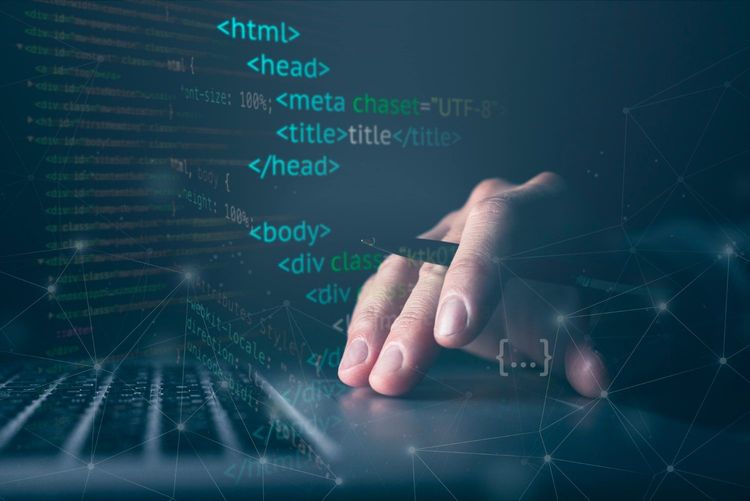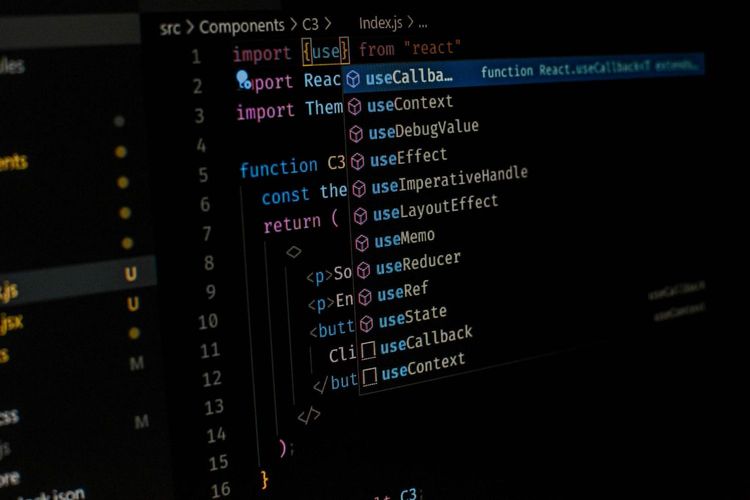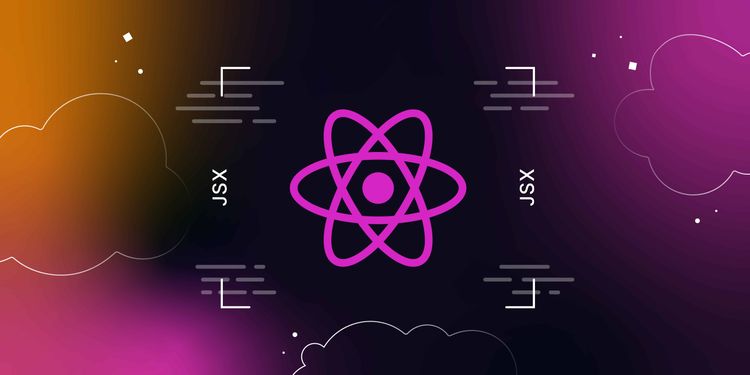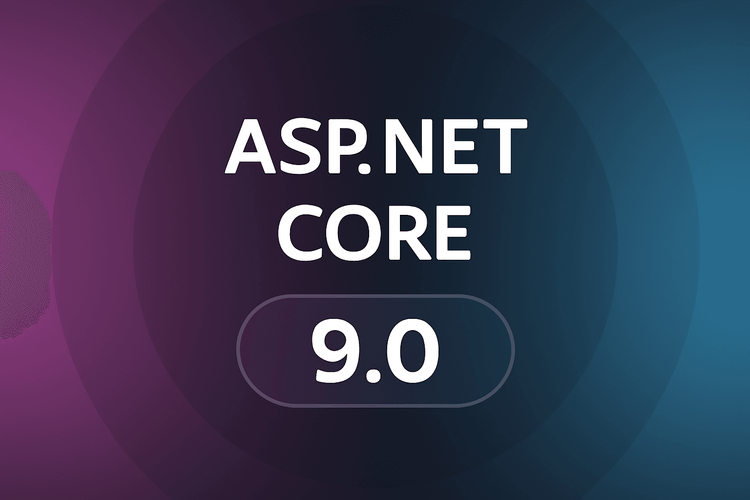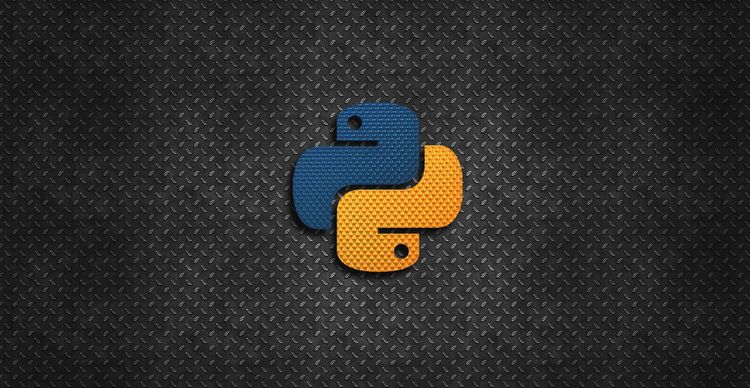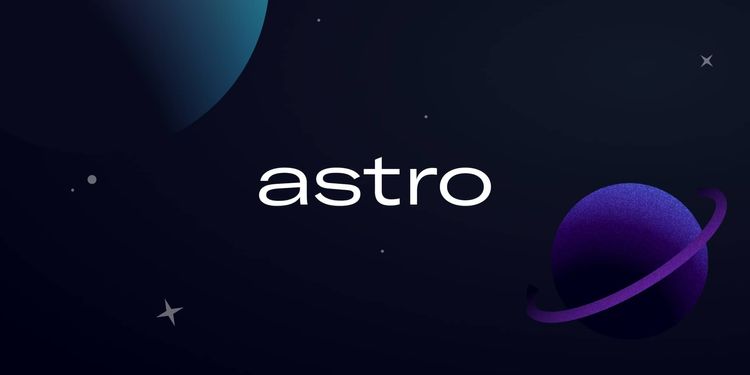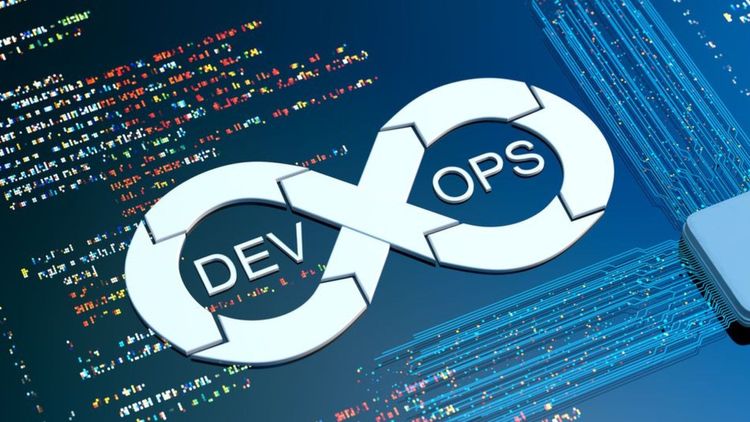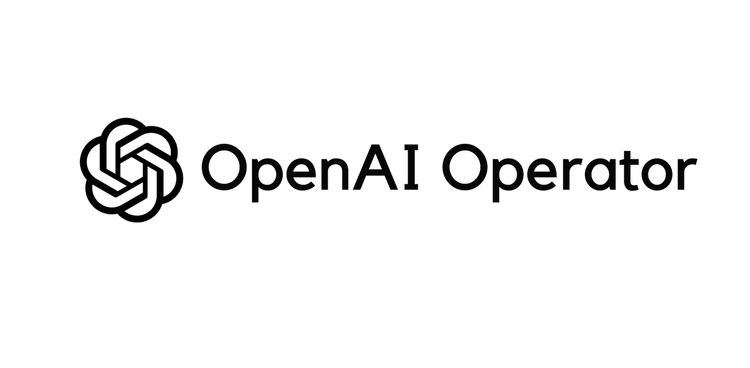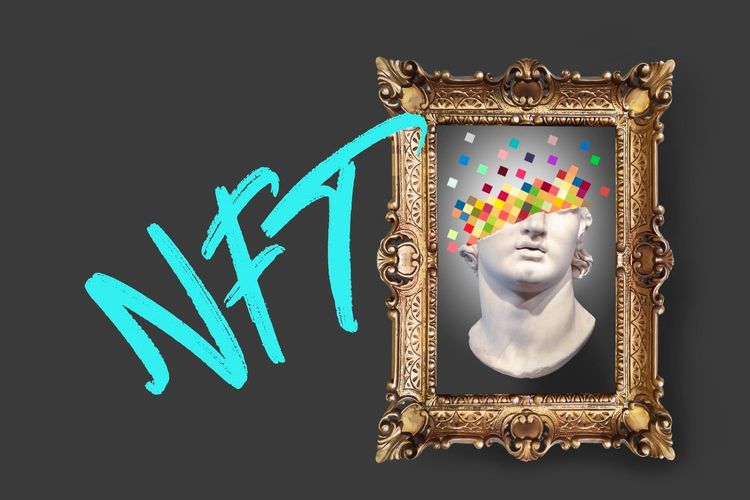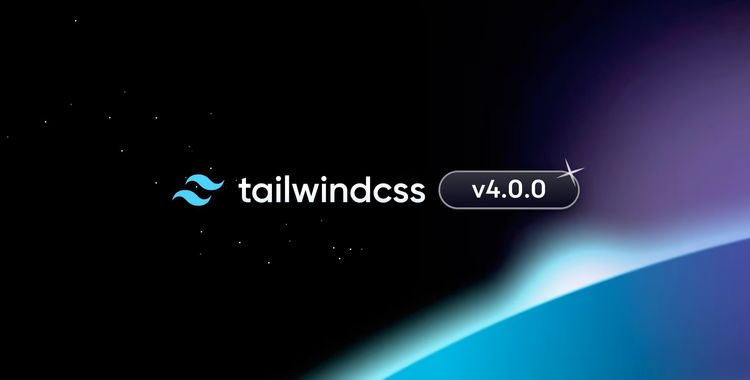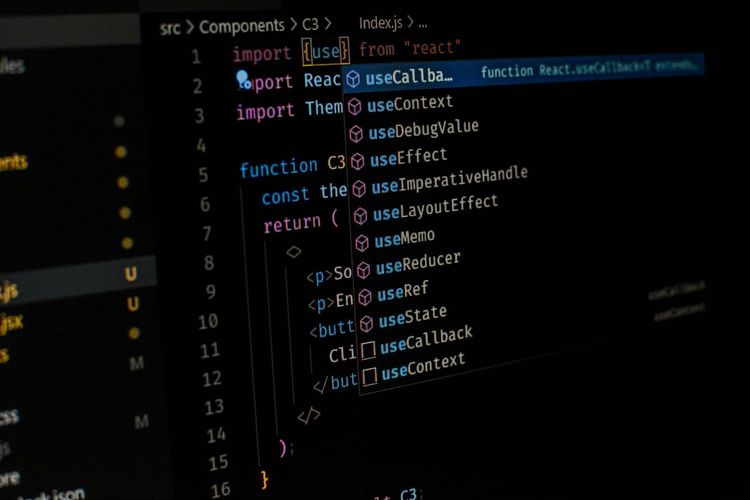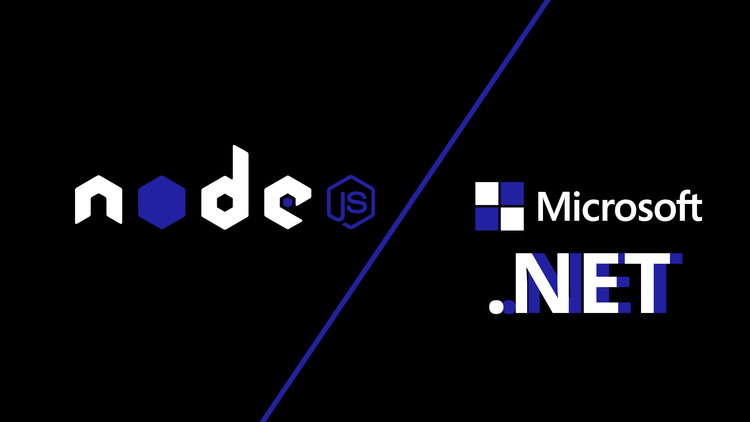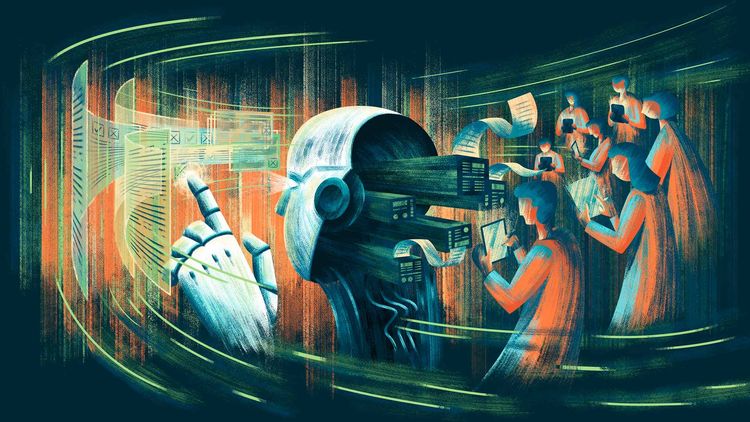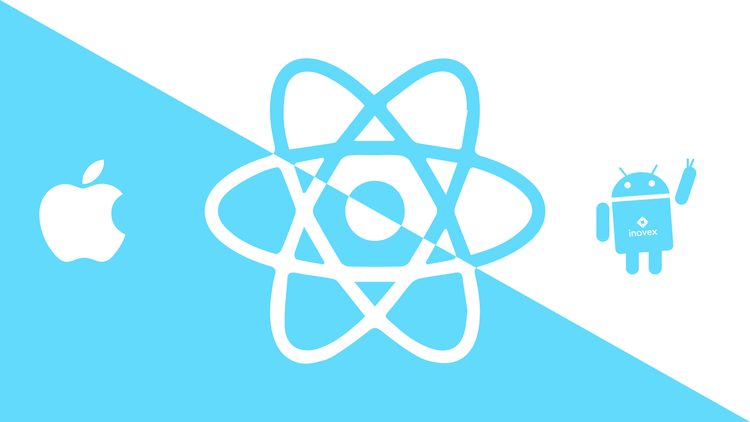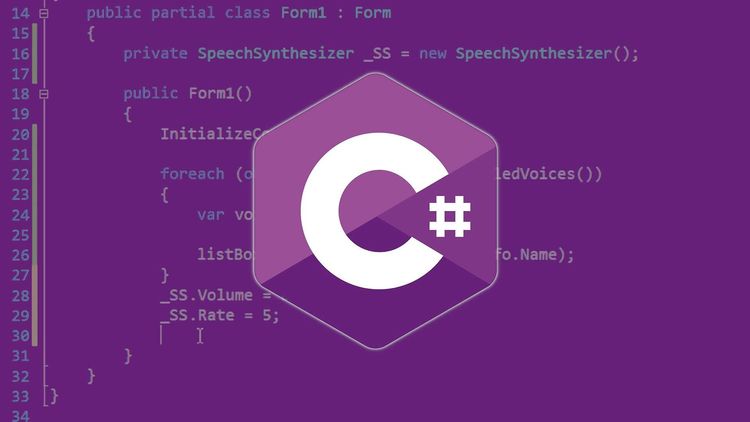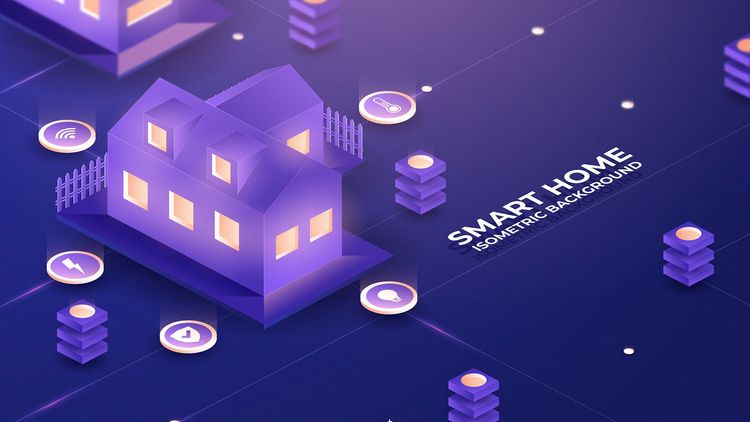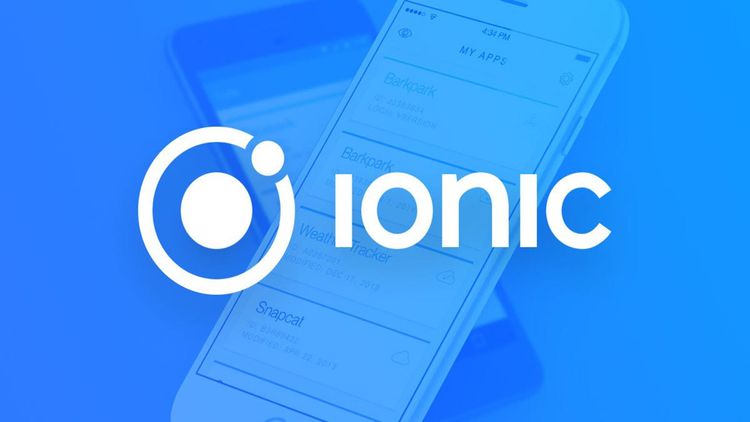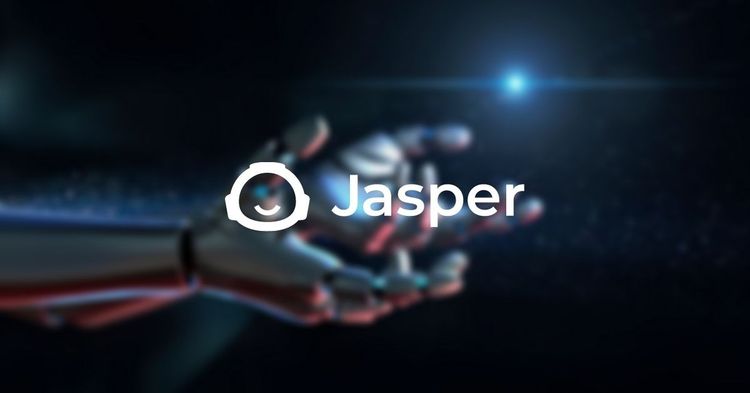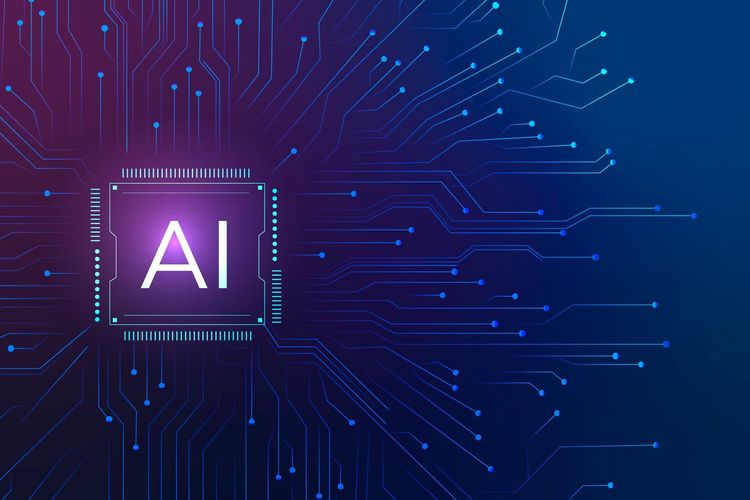In the digital age, data has become one of the most valuable assets for businesses. Whether for understanding customers, monitoring competition, or automating internal processes, accessing the right information makes all the difference. In this context, web scraping has gained prominence as one of the most effective tools for collecting structured data from any public website.
At MITSoftware, as experts in customized digital solutions, we advocate for scraping as an intelligent avenue for our clients to make informed decisions based on real and up-to-date information.
What is Web Scraping?
Web scraping is an automated technique that allows the extraction of large volumes of data from websites. This technique simulates the behavior of a user navigating through a page but in an automated, rapid, and massive manner. With web scraping, it is possible to obtain everything from product and price lists to news, posts, images, metadata, and more.
Unlike other methodologies, such as using APIs, scraping offers greater flexibility and can be applied even when a platform does not expose its data directly or openly.
How Does Scraping Work?
The foundation of any web scraping technique lies in analyzing the HTML code of the target page. Using tools like Python and libraries such as BeautifulSoup, Scrapy, or Selenium, the process is automated as follows:
- Send a request to the webpage.
- Analyze the DOM (Document Object Model).
- Extract the desired elements.
- Store the information in a useful format (CSV, Excel, JSON, database, etc.).
- Automate the execution of the script for continuous collection.
To learn more about the technical concepts behind this process, you can explore the official Scrapy documentation or this resource on MDN Web Docs that explains how HTML is structured.
Applications of Web Scraping
At MITSoftware, we have implemented scraping solutions across various sectors, demonstrating that this technique can adapt to virtually any business need. Here are some notable applications:
1. E-Commerce
Scraping in e-commerce allows businesses to monitor competitor prices, detect changes in products, and analyze market trends in real-time. This provides a direct competitive advantage, especially for businesses operating on marketplaces like Amazon or eBay. An article from ParseHub details how thousands of online stores are already utilizing such practices.
2. Real Estate
Many agencies use scraping to extract data from real estate portals like Idealista, Habitaclia, or Fotocasa. This enables them to perform localized price analyses, detect new investment opportunities, or evaluate market trends.
3. Finance and Cryptocurrencies
Using the web scraping technique, real-time financial information can be collected: stock quotes, currency exchange rates, cryptocurrency prices, etc. Websites like World Bank Data can also enrich results with reliable macroeconomic statistics.
4. Content Analysis and Online Reputation
Digital marketing specialists apply scraping to monitor brand mentions, analyze user reviews, study competing content, and generate reputation dashboards. This approach is widely used in social listening strategies and benchmarking.
5. Academic Research and Data Journalism
Researchers and journalists can automate the collection of information from multiple sources, facilitating the analysis of social, economic, or political phenomena. Harvard JOLT has even explored the legal aspects of scraping in academia.
Key Benefits of Scraping for Businesses
Adopting the web scraping technique is not just about automating tasks; it’s about turning scattered data into informed decisions. Its main benefits include:
- Massive data collection in a short time.
- Automation of processes that previously required human intervention.
- Enhanced decision-making thanks to current and personalized data.
- Early detection of market opportunities and risks.
- Integration with artificial intelligence for predictive analysis or automatic categorization.
At McKinsey & Company, it is highlighted how data-driven organizations outperform their competition in efficiency and responsiveness.
Is Web Scraping Legal?
This is one of the most common questions. The answer is: yes, with conditions. The legality of scraping depends on:
- Compliance with the terms of service of the website.
- Not accessing private content or content protected by credentials.
- Not storing or processing personal data without consent (important in Europe under the GDPR).
- Not generating excessive server resource use, which could be considered an attack.
At MITSoftware, we design scraping projects that are completely legal and ethical. We always review the robots.txt file of the target website and provide specialized legal advice when necessary. You can consult this legal guide on scraping for more in-depth information.
Most Used Tools for Scraping
The choice of tools depends on the complexity of the site, the type of data needed, and the expected volume. Some popular options include:
- Python + BeautifulSoup: Ideal for simple scraping on static sites.
- Scrapy: Powerful framework for large-scale projects.
- Selenium: Recommended when the site generates content dynamically with JavaScript.
- Puppeteer: Geared towards developers preferring to work with Node.js.
There are also no-code visual tools like Octoparse or ParseHub, which allow non-technical users to perform scraping with user-friendly interfaces.
An excellent comparison of tools can be found in this Towards Data Science article.
When to Use an API Instead of Scraping?
While the web scraping technique is powerful, if a site offers a well-documented public API, it is ideal to use it. APIs tend to be more stable, faster, and secure. However, many times they don’t provide all the desired data or have overly restrictive usage limits. This is where scraping becomes a viable and effective alternative.
Why MITSoftware is Your Best Ally in Scraping?
At MITSoftware, we don’t just develop scrapers. We create complete systems for data extraction, processing, and visualization. Our experience spans sectors such as retail, banking, real estate, travel, and technology. What sets us apart:
- Customized and scalable solutions.
- 100% secure processes that comply with regulations.
- Dashboards integrated with BI and CRM solutions.
- Data enrichment through machine learning.
- International scraping capabilities (languages, currencies, time zones).
The web scraping technique is much more than a technical method: it’s a strategic advantage. By allowing your business to access real-time information from any digital source, you will be better prepared to anticipate the market, optimize processes, and compete intelligently.
At MITSoftware, we are ready to help you transform data chaos into useful knowledge. We design tailored scrapers that fit your actual needs, regardless of your industry or company size.


